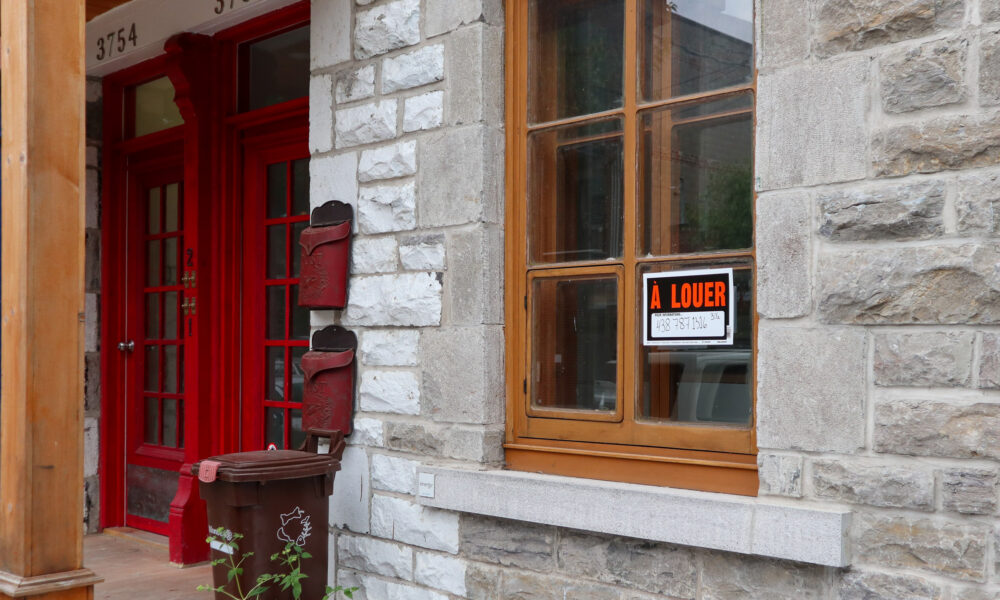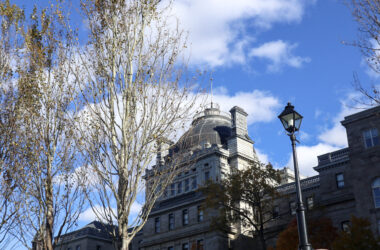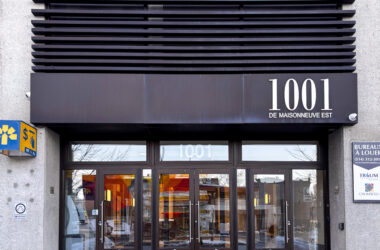Following a series of deadly fires in two short-term rental units in Old Montreal, city council passed a bylaw heavily restricting the short-term rental market, most principally limiting the timing and duration for which rental properties can be listed. Despite criticism from some homeowners and Quebec’s tourism department, these regulations are a necessary step in mitigating rent increases and addressing the housing crisis.
Montrealers are now able to rent out their primary residences only during the summer tourist season—for no more than 31 consecutive days—and require a permit to do so. Year-round Airbnb units are only allowed on certain streets. Quebec’s Tourism Department has expressed concern about potential cooling effects on tourism, while homeowners are worried about the loss of income generated by renting out their residences through platforms such as Airbnb. Despite these drawbacks, it is the government’s responsibility to prioritize its own citizens’ access to affordable housing.
Montreal, along with the rest of Canada, is experiencing a housing crisis, manifesting in an extreme surge in rent prices in the city. Between 2019 and the first quarter of 2025, average asking rent for two-bedroom apartments in the Montreal metropolitan area increased by 70.8 per cent, from $1,130 CAD to $1,930 CAD. For comparison, the metropolitan areas of Toronto and Vancouver saw average rent prices rise by 5.1 per cent and 27.3 per cent, respectively.
Although housing in Montreal is generally cheaper overall than both aforementioned cities, the government’s decision to regulate short-term rentals is nonetheless necessary in its potential to slow down rent increases. Studies show that as Airbnb investors turn what was once long-term housing for a city’s residents into short-term rental properties, rents rise for the locals due to a decrease in supply. In New York City, for example, estimates indicate Airbnb may have increased average rents by $400 USD per year.
Even those who already have an apartment are not safe from evictions exacerbated by short-term rentals. In a phenomenon known as renoviction, landlords have begun evicting their tenants to make room for short-term rental properties.
Students, who rely on affordable rentals during their studies, will particularly benefit from the implementation of a policy designed to address rent crises. As a city with over 180,000 university students, Montreal’s municipal government must do all it can to rein in this increase in rent prices; regulating platforms like Airbnb is a good starting point.
While a policy regulating Airbnb and other short-term rentals is not sufficient to fully fix Montreal’s high rent prices and housing crisis, it is a good first step to take. Limiting the ubiquity of short-term housing in Montreal will ease pressures on rent, while simultaneously preventing ‘ghost-town’ neighbourhoods and ensuring the safety of tourists.
Perhaps most importantly, these regulations will ensure both tourists’ and locals’ safety and prevent future tragedies similar to the two fires in Old Montreal. Both fires occurred in illegal Airbnbs, which were located in areas of the city where short-term rentals had been prohibited but unregulated.
Before the implementation of the new law, owners would falsely claim properties as their primary residences to make renting them out easier. By January, over half of the short-term rental properties in Montreal did not comply with housing regulations. Since short-term rental platforms leave the detective work up to the cities they operate in, Montreal had trouble cracking down on rule-breaking properties. Now, in order to obtain the permit needed to rent part-time, owners must first prove that the property is their principal residence. Whether owners are renting their property outside of the allowed season, or renting without a permit, the new rules make it much easier to spot and stop illegal short-term rentals.
As more and more housing units transform into profit-focused short-term rentals, communities and neighbourhoods suffer. The commodification of housing in Montreal has the potential to quickly turn charming, community-focused neighbourhoods into ghost towns full of empty Airbnb units in the off-season. You cannot have a neighbourhood if you do not have neighbours.









